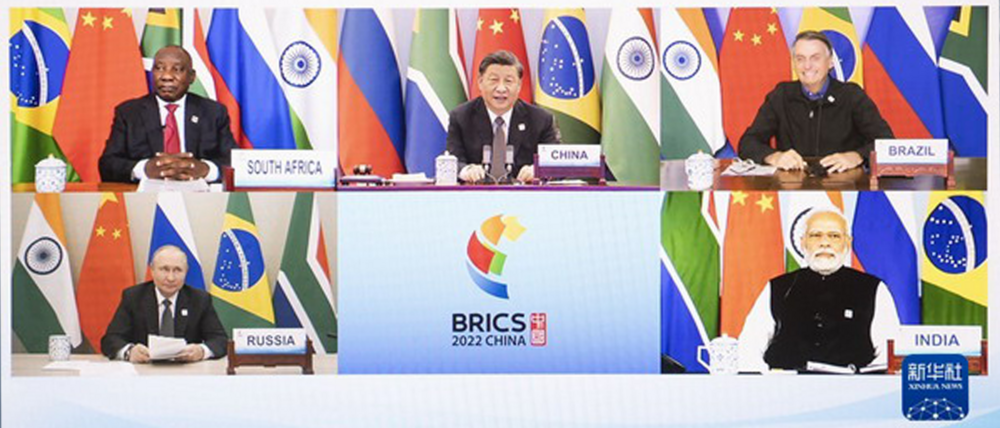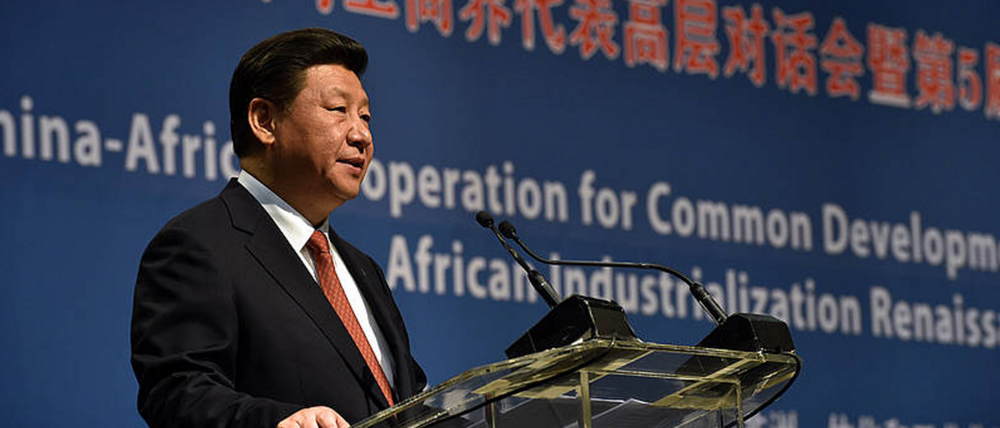Africa in International Relations: From Maginalization to Rising Influence?

The countries of Africa continue to be strongly underrepresented in international politics and world trade. Since the end of the East-West conflict, however, Africa's weight has increased noticeably.
There are three main developments responsible for this: The advancing continental integration in the form of the African Union and several regional organizations, the emergence of African Emerging Powers such as South Africa, which are demanding and also assuming an ever greater role in international politics, as well as rapidly deepening relations between Africa and external Emerging Powers such as China and India, and new dynamics in the relationship with the EU.
South Africa as Africa's voice in world politics
After international isolation during the apartheid era, Presidents Mandela and Mbeki led South Africa back into the global community. South Africa is not considered an Emerging Power because of its material (military and economic) capabilities; rather, South Africa's self-perception and its perception by other actors are decisive. This perception arises primarily from the rainbow nation's active engagement in the African Union, the G20, the BRICS (Brazil, Russia, India, China, South Africa), and the IBSA Dialogue Forum (India, Brazil, South Africa).
In addition, South Africa also seeks to represent the interests of Africa and the Global South in the NAM (Non-Aligned Movement), the BASIC Climate Change Coalition, and the WTO. This results in a new global weight for South Africa and also for the entire continent. With this commitment, South Africa combines the will to reform the unequal and exclusive dominance structures of the international system.

Africa and China
Since the turn of the millennium, China has been expanding its relations with Africa at a breathtaking pace and is now by far the continent's most important trading partner country. The volume of trade has increased thirty-fold in the last 20 years: China mainly imports oil and other raw materials and exports processed products such as electronics and clothing to Africa.
Accompanying this, political relations are deepening: China holds regular Africa-China summits, and top politicians travel to African countries every year. With this "charm offensive," China has succeeded in becoming the most important external player on the continent – and posing major challenges to the Africa policies of the EU and the United States. In recent years, however, India has also greatly expanded its partnership with the African continent and is already its second largest trading partner. For more on African-Indian relations, click here.

Contact & Links
Dr. Philipp Gieg is Postdoc at the Institute of Political Science and Sociology of the University of Würzburg. His research focuses on Africa's international relations (especially Chinese, Indian, British, EU, and U.S. Africa policy), India's foreign and security policy, and South-South cooperation, global norms, and EU external relations.

Timo Lowinger is a former researcher at the Institute of Political Science and Sociology at the University of Würzburg. His research focuses on (critical) constructivist norms research, Emerging Powers (especially Indian and South African foreign policy), and the African Union.







